THE UN DECADE ON ECOSYSTEM RESTORATION
9 MORE YEARS
TO RESTORE THE PLANET

The UN Decade on Ecosystem Restoration aims to prevent, stop and reverse the degradation of the nature.
The UN Decade on Ecosystem Restoration is a rallying call for the protection and revival of ecosystems all around the world, for the benefit of people and nature. It aims to halt the degradation of ecosystems, and restore them to achieve global goals. Only with healthy ecosystems can we enhance people’s livelihoods, counteract climate change, and stop the collapse of biodiversity.
The UN Decade runs from 2021 through 2030, which is also the deadline for the Sustainable Development Goals and the timeline scientists have identified as the last chance to prevent catastrophic climate change.
CREATING A GLOBAL
MOVEMENT ON
THE UN DECADE
DURING THE OLYMPICS
The Olympic games Paris 2024 will be watched by more than 4 billion people in the world. France will expect between 15 and 20 million tourists, 15 000 athletes and 20 000 journalists. The Olympics will be an amazing and beautiful event for humanity but might be a major issue for climate and the environment. Therefore, there is unique opportunity to amplify the voice of organizations trying to protect and restore the nature. PLANET 2024 aims to reduce the pollution, the waste generated by tourists and the degradation of the forests, the oceans and the urban areas before, during and after the event.
WE MUST RESTORE ECOSYSTEMS TO TACKLE CLIMATE CHANGE, SAVE SPECIES FROM EXTINCTION AND SECURE OUR FUTURE.
We need to slash greenhouse gas emissions by nearly half by 2030 to hold global warming below 2°C and avoid its most dangerous impacts. We can’t meet that goal without restoring ecosystems and their carbon stores. Ambitious ecosystem restoration and decarbonization of national economies need to go hand in hand.
By halting and reversing the degradation of lands and oceans, we can prevent the loss of 1 million endangered species. Scientists say restoring only 15 per cent of ecosystems in priority areas can cut extinctions by 60 per cent by improving habitats.
Restoration is key to the prosperity and well-being of people. Vibrant ecosystems provide benefits from food and water to health and security that our growing population needs today and will need in the future.
A new report from the United Nations Environment Programme and Food and Agriculture Organization highlights the urgency to restore Earth – and the benefits that await if humanity does.
WHAT IS
ECOSYSTEM
RESTORATION ?
Ecosystem restoration means assisting in the recovery of ecosystems that have been degraded or destroyed, as well as conserving the ecosystems that are still intact. Healthier ecosystems, with richer biodiversity, yield greater benefits such as more fertile soils, bigger yields of timber and fish, and larger stores of greenhouse gases.
Restoration can happen in many ways – for example through actively planting or by removing pressures so that nature can recover on its own. It is not always possible – or desirable – to return an ecosystem to its original state. We still need farmland and infrastructure on land that was once forest, for instance, and ecosystems, like societies, need to adapt to a changing climate.
8 KEY ECOSYSTEMS THAT WE CAN RESTORE
The UN Decade on Ecosystem Restoration focuses on eight major types of ecosystems that we have dangerously degraded. Each can be restored by reducing the pressures they face and with on-the-ground action to speed their recovery.
That means safeguarding key processes – such as photosynthesis, carbon sequestration, nutrient cycling and the filtration of water – while protecting and bringing back biodiversity.
Here are some examples of what we can do to restore critical ecosystems. Read all about the challenges and opportunities for each ecosystem in the scientific flagship report: Becoming #GenerationRestoration and the Ecosystem Restoration Playbook.
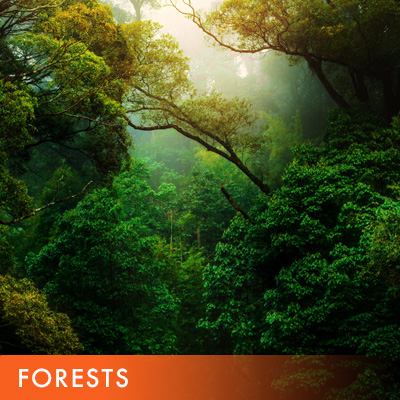
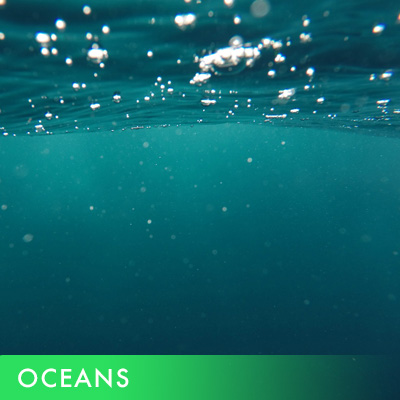
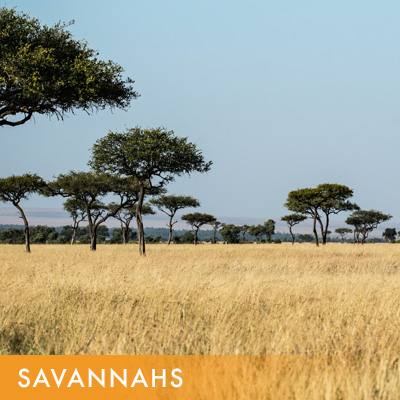
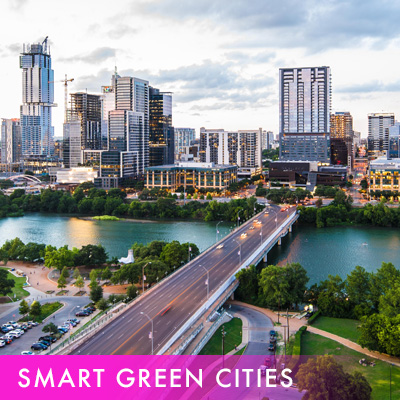

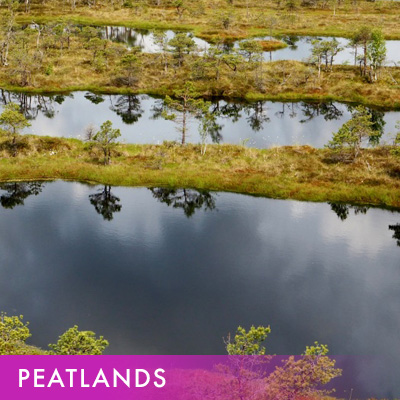
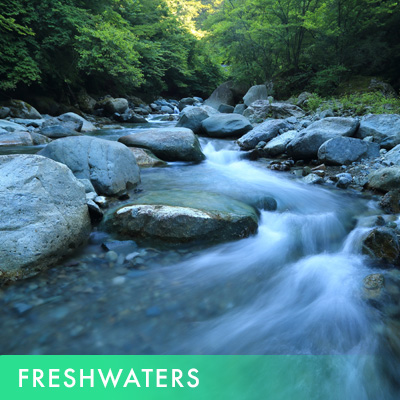
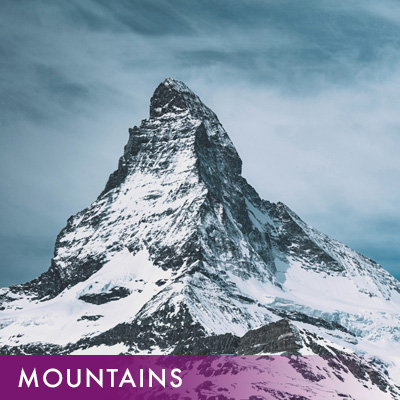
THE GLOBAL GAINS OF RESTORATION
Restoring ecosystems of different kinds and on different scales all around the world will bring massive benefits for people and nature. It is key to achieving the Sustainable Development Goals by 2030, including the ending of poverty and hunger. Read more about the benefits of restoration in the flagship report: Becoming #GenerationRestoration.
CLIMATE MITIGATION
Restoring forests, peatlands and mangroves, along with other natural solutions, can provide over one-third of the greenhouse gas mitigation needed by 2030.
CLIMATE ADAPTATION
Nature’s power can help us adapt to climate change. Restoring coastal wetlands on the Gulf Coast of the United States of America could avoid $18 billion in storm damage by 2030.
ECONOMY
Halting the decline of ecosystem services could prevent losses of $10 trillion in global income by 2050
FOOD SECURITY
Restoration through planting trees on farmland could increase food security for 1.3 billion people.
WATER SUPPLIES
Forest restoration and better farm practices could cut the pollution of water supplies for 81 per cent of cities globally.
HEALTH
Adding urban trees can cut risks from pollution and heat while boosting mental and physical well-being for billions of people.
BIODIVERSITY
Restoring 15 per cent of converted lands in priority areas could avoid 60 per cent of expected species extinctions.
THE ROLE OF FREE SPIRIT

The actors of the UN Decade on Ecosystem Restoration are private companies and non profit organizations. They have joined a global movement around the world to help create and accelerate initiatives to restore forest landscapes, grasslands, peatlands, rivers, wetlands, seagrass and critical coastal environments like coral reefs and mangroves.
Free Spirit is a non profit organization dedicated to protecting our planet. Therefore, our non profit organisation will play an active role in executing a strategy to restore nature. By working in close collaboration with local organisations, since 2018 Free Spirit has led projects in many countries across different continents to restore forest ecosystems affected by deforestation.
WE RESTORE THE FORESTS
Restoring forest ecosystems involves returning trees to former forest land and improving the condition of degraded forests. As well as planting native tree species, it can include conserving wild plants and animals and protecting the soils and water sources that are part of the forest ecosystem. Land cleared for farming that falls into disuse is ideal for forest restoration. In existing forests, native species can be planted to regenerate the tree cover. In some cases, forest trees will re-grow naturally. Forest restoration can also mean nurturing patches of forest and woodland in landscapes that also include busy farms and villages.
Free Spirit has created the programme “re-green the planet”, a reforestation initiative all over the world. Inspired by the Kenyan Nobel Prized environmental activist’s work, Wangari Maathai, our non profit organisation plans to plant several millions of trees within this decade.
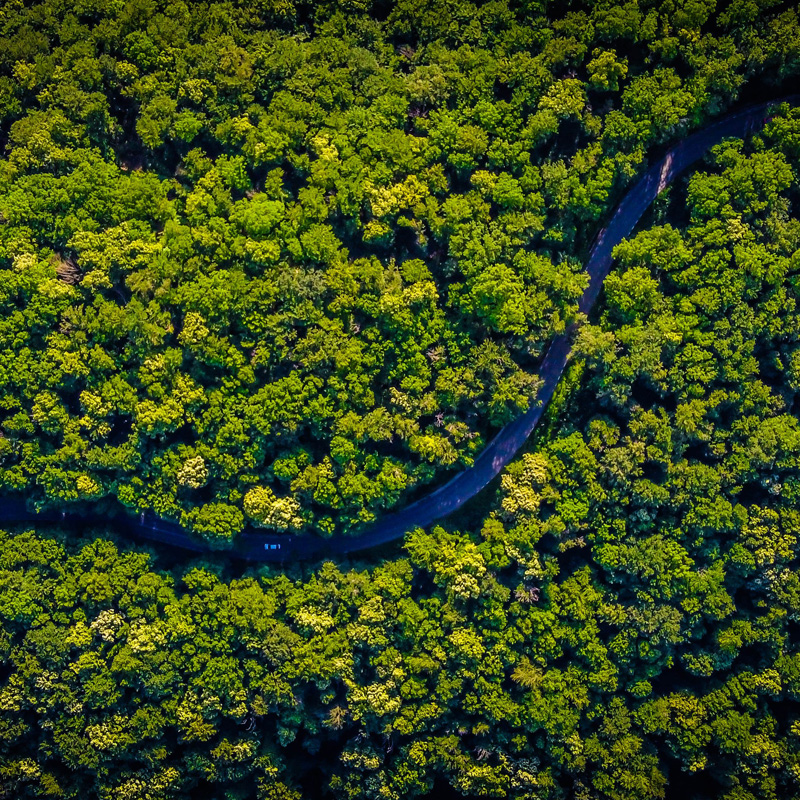
WE PROTECT THE OCEANS
Restoring oceans and coasts means reducing the pressure on those ecosystems so they can recover, both naturally and by re-seeding or transplanting key species. It also means understanding how to make both ecosystems and communities more resilient in the face of global change. For instance, governments and communities need to make fishing sustainable. Pollutants must be treated before they reach the ocean, and solid waste like plastics kept out completely. Growing coastal cities should protect, not replace, coastal ecosystems. And coral reefs, mangroves and seagrasses must be carefully managed and actively restored so that oceans continue to support billions of livelihoods globally.
Free Spirit has created the programme “O’DYSSEY« . O’DYSSEY is a marine conservation programme created by the Free Spirit Foundation. We are a collective of divers, photographers, filmmakers and storytellers dedicated to protecting the oceans and marine wildlife.



